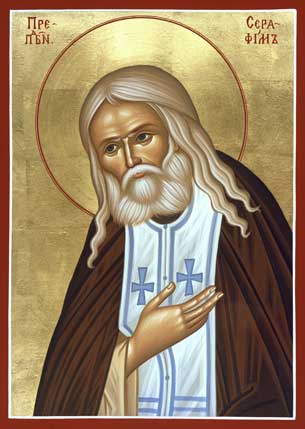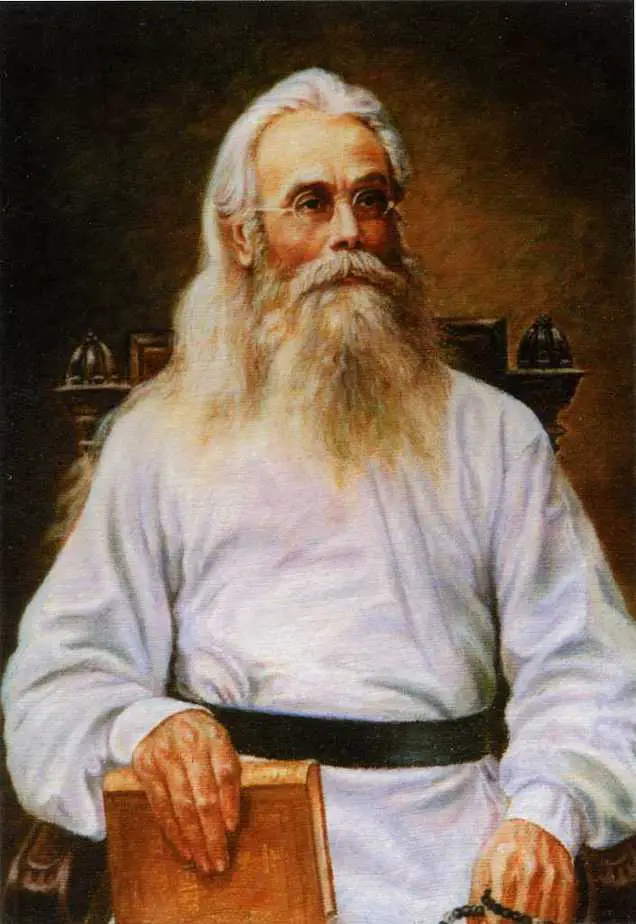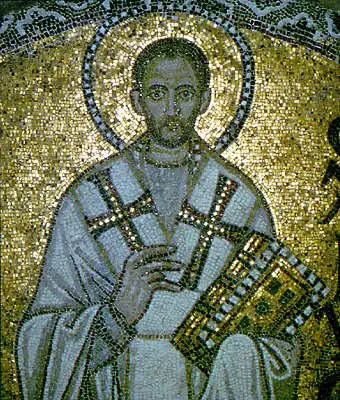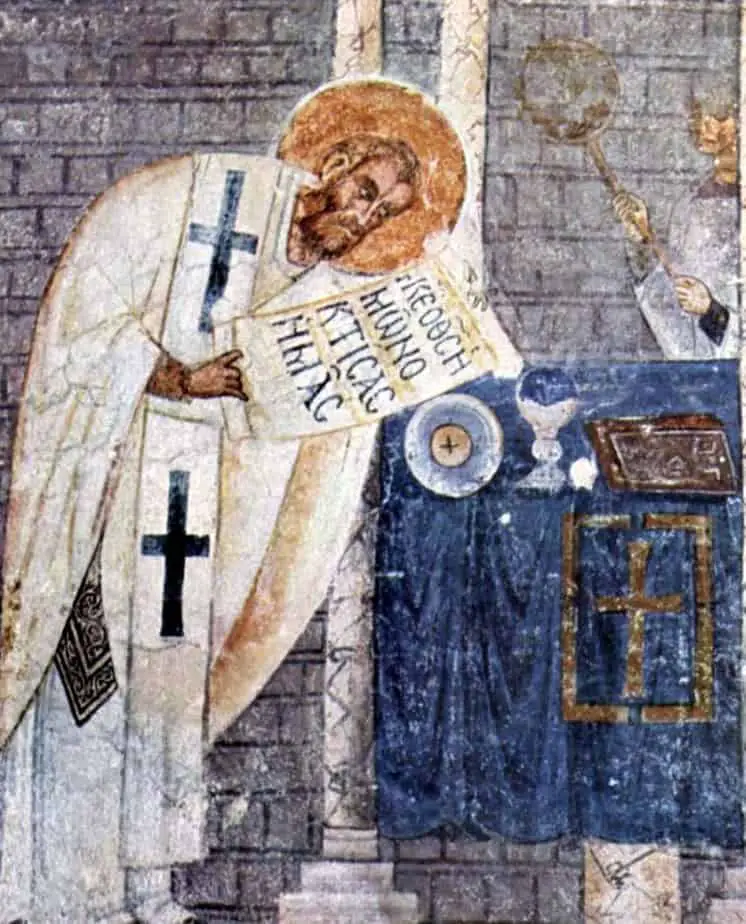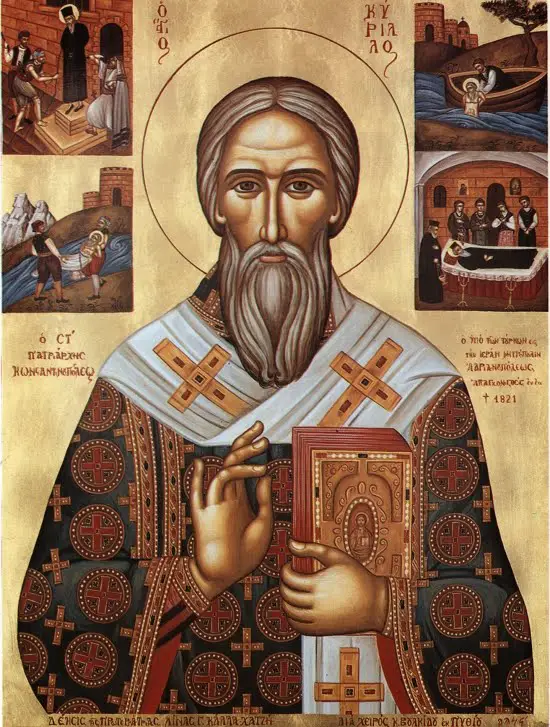St. Theognostos: When . . . you find yourself full of tears in prayer before God, lie on the ground stretched out . . .
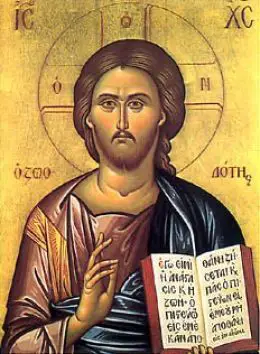
When, energized by divine grace, you find yourself full of tears in prayer before God, lie on the ground stretched out in the form of a cross, beat the earth with your brow and ask for deliverance from this life as a release from corruption and a liberation from trials and temptations.
But ask that this may be granted, not as you wish, but as and when God wills.
For your part, you should long for your departure now, hoping that, if you come before God with, tears and in the depths of humility, you will stand firm and confident in the fire of your desire and your prayer; but you should also be ready for your death to be delayed for the time being, should God foresee something better for you.
Pursue your goal forcefully, dedicating your whole life to God, in all your actions, words and intentions seeking by all possible means not to fall away from Him.
+ St. Theognostos, On the Practice of the Virtues, Contemplation and the Priesthood from the The Philokalia (Vol. 2)

